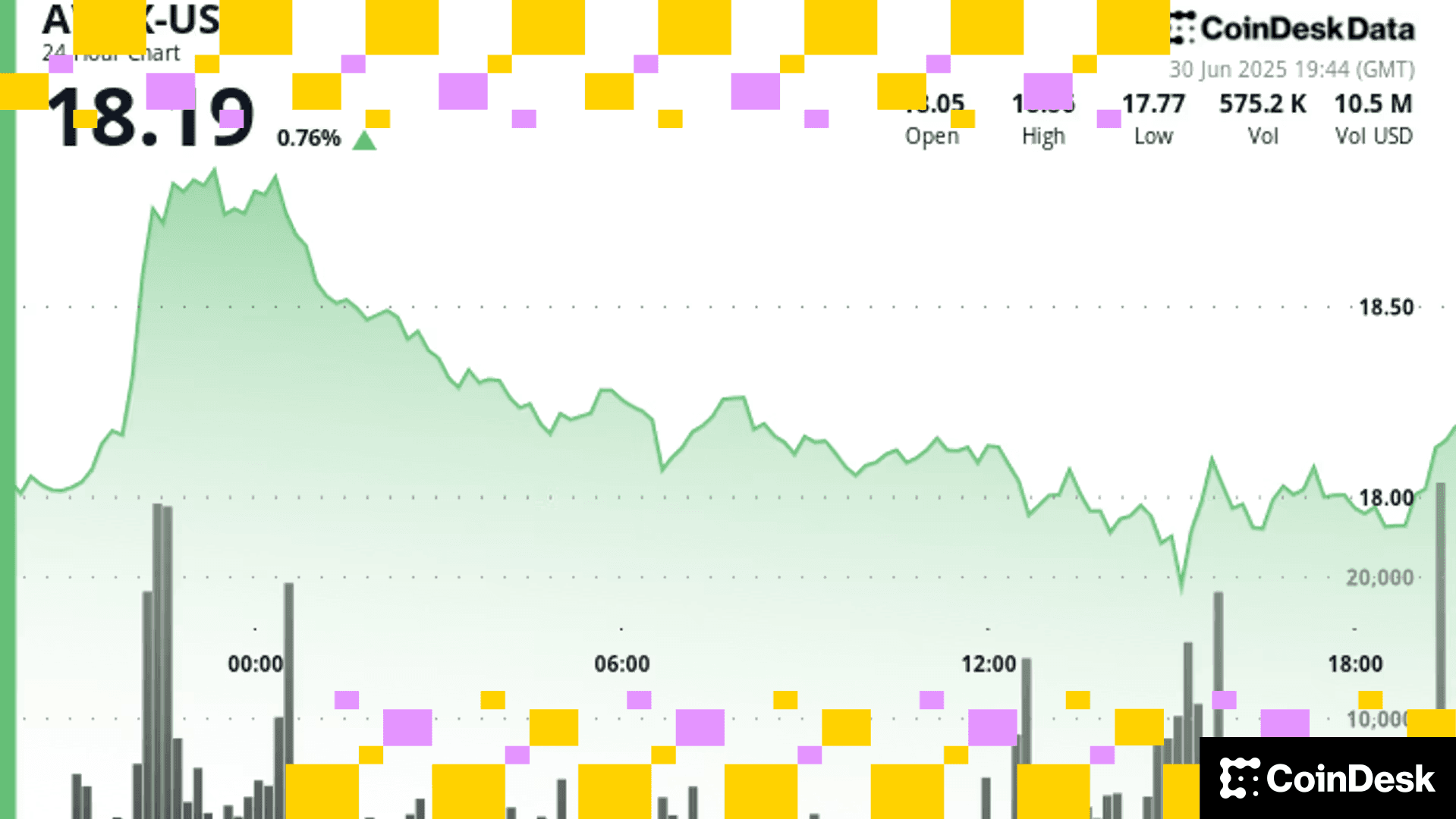UK Regulator Is Firming Up Its Approach to Crypto Oversight
The Payment Systems Regulator will be looking at what happens if a crypto payment system goes wrong, PSR's Nick Davey told CoinDesk in an interview.

The U.K.’s Payments Systems Regulator is exploring how it can regulate the crypto sector, starting by looking at distributed ledger technology, said Nick Davey, a payment specialist at the agency.
The PSR, a fairly new regulator that became fully operational in 2015, would be authorized to regulate cryptocurrencies that are used for making payments if a proposed crypto-regulation bill called the Financial Services and Markets Bill becomes law. The bill is now being considered by Parliament.
“While we don’t expect to see digital currencies replacing traditional currencies in the immediate future, it’s important that innovation and competition in payments are balanced with strong safeguards to make sure people are protected when paying for things,” Davey, who advises the PSR, said.
Read more: UK Crypto Industry Welcomes New Stablecoin Rules, Awaits Guidance
The regulator, however, has already gotten a head start in regulating the sector. The Treasury put Fnality International, a still-being-tested payment system using distributed ledger technology, under its supervision. This would be the first wholesale payment system using central bank money with a decentralized network running 24/7, Davey said. The company already has 17 major institutions as shareholders, and it will be working with some of them.
Though Fnality isn't classified as a cryptocurrency because it doesn't have a token or coin – the ledger would instead represent holdings of central bank money – the PSR can still use the ledger to help it work out how it should approach regulating crypto, Davey said.
“The use of DLT in Fnality helps us to examine how our regulation may have to change because of the technology involved, and the emphasis on the distributed nature of products and services,” Davey said.
Before the project goes live, the PSR will be looking at how people can access the payment system, what products and services it will offer and what measures it has to prevent fraud, Davey said.
Davey said working with Fnality before it is fully operational has been “helpful.”
The PSR is also keeping an eye on bankrupt FTX exchange to “assess what wider implications there are on the crypto sector,” Davey said.
More For You
Exchange Review - March 2025

CoinDesk Data's monthly Exchange Review captures the key developments within the cryptocurrency exchange market. The report includes analyses that relate to exchange volumes, crypto derivatives trading, market segmentation by fees, fiat trading, and more.
What to know:
Trading activity softened in March as market uncertainty grew amid escalating tariff tensions between the U.S. and global trading partners. Centralized exchanges recorded their lowest combined trading volume since October, declining 6.24% to $6.79tn. This marked the third consecutive monthly decline across both market segments, with spot trading volume falling 14.1% to $1.98tn and derivatives trading slipping 2.56% to $4.81tn.
- Trading Volumes Decline for Third Consecutive Month: Combined spot and derivatives trading volume on centralized exchanges fell by 6.24% to $6.79tn in March 2025, reaching the lowest level since October. Both spot and derivatives markets recorded their third consecutive monthly decline, falling 14.1% and 2.56% to $1.98tn and $4.81tn respectively.
- Institutional Crypto Trading Volume on CME Falls 23.5%: In March, total derivatives trading volume on the CME exchange fell by 23.5% to $175bn, the lowest monthly volume since October 2024. CME's market share among derivatives exchanges dropped from 4.63% to 3.64%, suggesting declining institutional interest amid current macroeconomic conditions.
- Bybit Spot Market Share Slides in March: Spot trading volume on Bybit fell by 52.1% to $81.1bn in March, coinciding with decreased trading activity following the hack of the exchange's cold wallets in February. Bybit's spot market share dropped from 7.35% to 4.10%, its lowest since July 2023.
More For You











